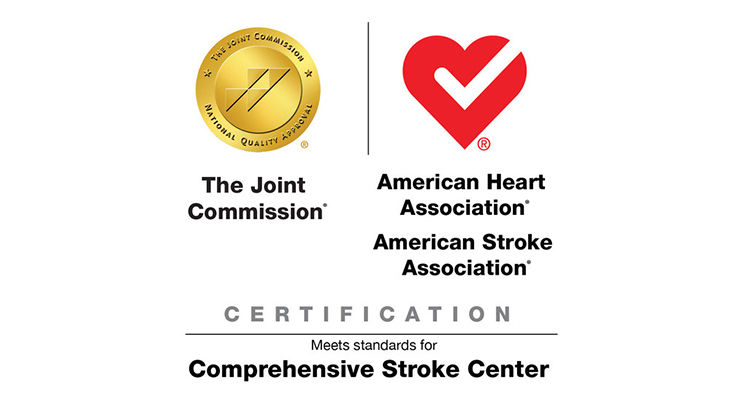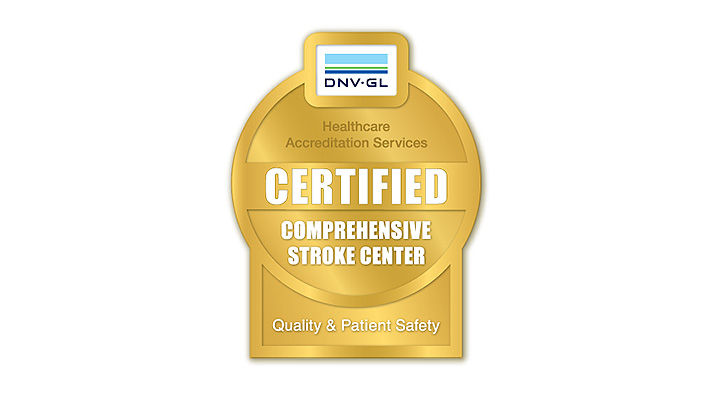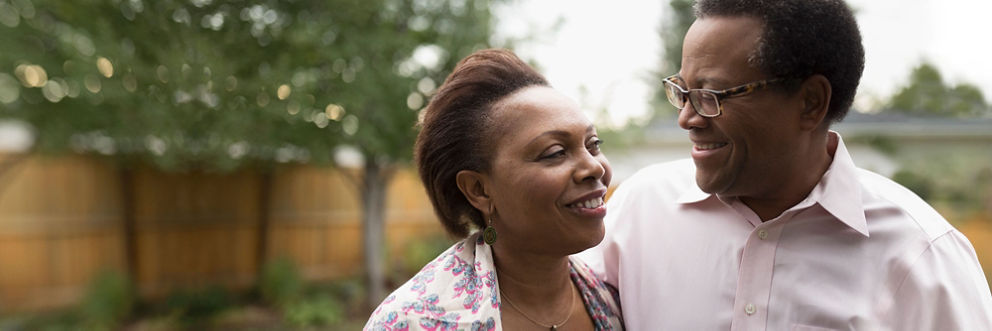Stroke
Stroke treatment in Minnesota and western Wisconsin
At HealthPartners and Park Nicollet, we have comprehensive stroke centers that are recognized among the top in the nation for stroke care.
Our coordinated team of board-certified neurologists, neurosurgeons, neuroradiologists, neurocritical care and emergency doctors, rehabilitation doctors and other specialists work together to help you during and after a stroke. We’re by your side every step of your recovery, from the hospital, to transitional care, to rehabilitation and as you return home.
We aim to ensure you always get the best care possible with:
- Emergency response teams equipped with the latest clot-busting technology
- Advanced brain imaging to help extend the treatment window to 24 hours
- Minimally invasive surgery for brain hemorrhage
- Emergency treatments of brain aneurysms
- Surgery and stenting of blocked carotid arteries
- A dedicated neurocritical care unit
- Rigorously trained stroke-certified rehabilitation specialists
- Advanced clinical research

Regions is recognized as a leader in stroke care
Regions Hospital is certified as a comprehensive stroke center by The Joint Commission, an esteemed independent health care certification organization. The certification means that Regions has met strict standards for our treatment outcomes. Regions is the first hospital in Minnesota to receive this designation.
Learn more about the

Methodist is recognized for excellence
Methodist Hospital is certified by the DNV as a comprehensive stroke center. This certification reflects the highest level of competence for treatment of serious stroke events.
Learn more about the
What is a stroke?
According to the American Heart Association, stroke is a leading cause of serious long-term disability in the United States. Also called a “brain attack,” a stroke happens when a blood vessel carrying oxygen to the brain bursts, ruptures or becomes blocked by a clot. When this happens, brain cells don’t get the oxygen they need.
There are two types of stroke:
- Ischemic strokes – These happen when a blood clot blocks blood flow in the brain. Ischemic strokes are usually treated by dissolving the clot with a medicine given intravenously (alteplase). In some cases, doctors remove the clot by sending a catheter to the site of the blocked blood vessel.
- Hemorrhagic strokes – These happen when a blood vessel ruptures. Hemorrhagic strokes are treated by controlling the bleeding in the brain and reducing blood pressure that may be contributing to the bleeding.
The effects of a stroke depend on the area of the brain where the stroke occurred and the size of the area affected. Memory, muscle control and speech functions are controlled by different parts of the brain. A minor stroke might affect someone in small ways that are hardly noticeable, but a major stroke can cause paralysis and loss of speech.
Stroke treatment
If you or someone you know has
Recovering from a stroke
A stroke affects everyone differently, which means everyone’s
- Gait and motor function
- Coordination and balance (ataxia)
- Speech and understanding language (aphasia)
- Swallowing (dysphagia)
- Behavioral concerns and depression
- Impaired cognitive ability
- Sensory impairment
- Visual problems
- Weakness or paralysis
Stroke rehabilitation tailored to you
We offer comprehensive stroke rehabilitation for patients recovering in the hospital and patients recovering at home. Our stroke rehabilitation program is specially designed to achieve the best possible outcome for each stroke survivor. You and your family will be surrounded and supported by a team of doctors, nurses and therapists who work with you to help you heal and prepare for the future.
We work closely with patients and their families to tailor stroke rehabilitation to each patient’s needs and goals.
- Physical therapy – You’ll do guided motor-skill exercises, mobility training, range-of-motion therapy and other activities to help you regain motor skills and prepare for life after a stroke.
- Occupational therapy – In addition to guided motor-skill exercises, we work with you on vision and cognition (thinking) skills.
- Speech therapy – This type of therapy focuses on helping you regain your ability to speak, communicate or swallow after a stroke.
- Cognitive and emotional activities – Our comprehensive approach to stroke rehabilitation focuses on treating the whole patient, mind, body and spirit. Our mental health specialists can help you understand and deal with the complex range of emotions experienced during this often-difficult time.
- Support and education – Find information and encouragement in classes, support groups and peer visiting volunteer opportunities.
- Technology and therapies – Doctors continue to conduct research and use evidence-based medicine to provide the best treatment possible. This innovation supports your recovery with help from technology-assisted physical activities and the latest in advanced technology and research, like brain stimulation and alternative medicine treatments.
